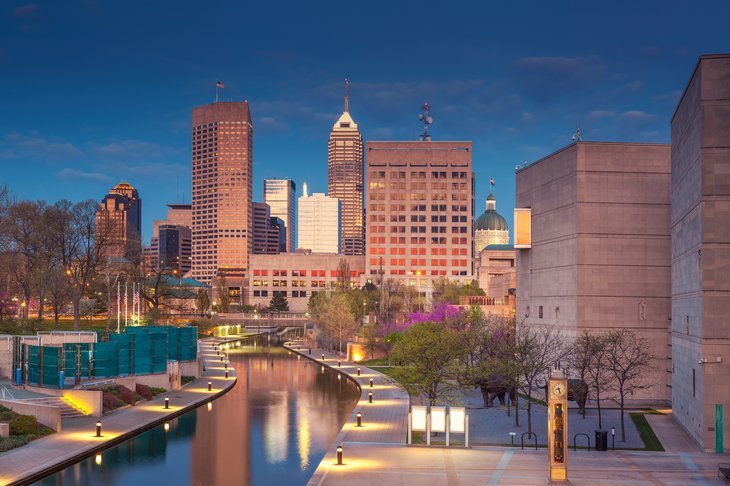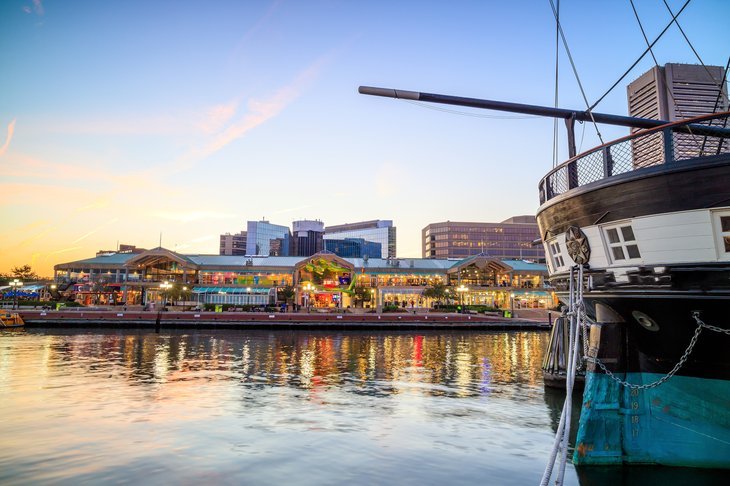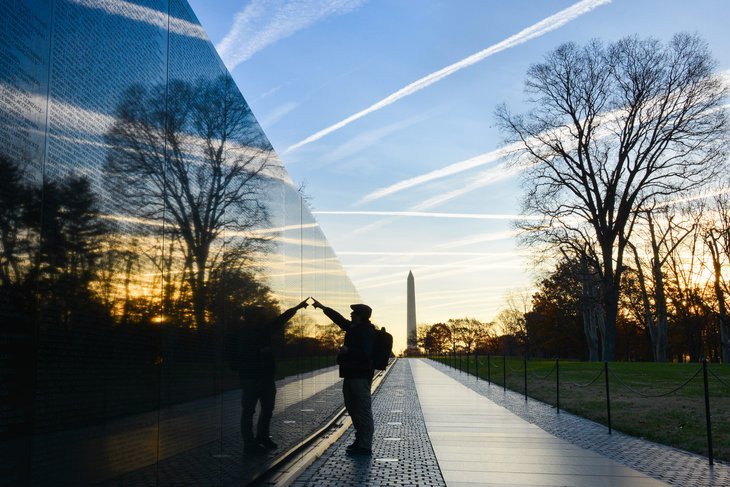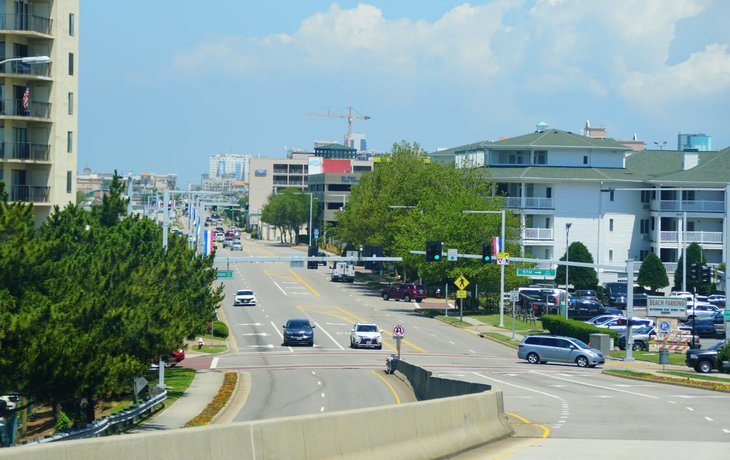
Editor’s Note: This story originally appeared on HireAHelper.
According to the U.S. Department of Veterans Affairs, there are about 19 million veterans living in America. Many of these people who served their country are starting businesses, joining an increasing number of Americans seeking to become entrepreneurs after the onset of the COVID-19 pandemic.
For most business owners (roughly 64% according to the U.S. Census Bureau’s Annual Business Survey), achieving greater income is one of the primary drivers behind owning their businesses. That number is fairly consistent across veterans and nonveterans. Interestingly though, when comparing veteran business owners to nonveteran owners across other metrics, there are a few notable differences.
Compared to nonveterans, veteran business owners value being their own boss, working for themselves, and wanting to start their own business more heavily. On the other hand, nonveterans are more likely to report having flexible hours and a better work-life balance as primary motivators for business ownership.
To determine the locations with the most veteran-owned businesses, researchers at HireAHelper calculated the share of employer firms (those businesses with paid employees) that are veteran-owned.
The data used in this analysis is from the Census Bureau’s 2020 Annual Business Survey and the Census Bureau’s 2020 American Community Survey. Researchers also included statistics on the total number of veteran-owned firms, employees and revenue at these firms, and the veteran population share in each location.
Here are the major U.S. metropolitan areas with the most veteran-owned businesses.
15. St. Louis, MO-IL

- Share of businesses that are veteran-owned: 6.5%
- Total businesses that are veteran-owned: 3,366
- Employees at veteran-owned businesses: 43,677
- Annual revenue at veteran-owned businesses: $5 billion or more
- Veteran population share: 8.2%
14. Birmingham-Hoover, AL

- Share of businesses that are veteran-owned: 6.7%
- Total businesses that are veteran-owned: 1,325
- Employees at veteran-owned businesses: 10,390
- Annual revenue at veteran-owned businesses: $1 billion to less than $5 billion
- Veteran population share: 7.4%
13. Cincinnati, OH-KY-IN

- Share of businesses that are veteran-owned: 6.7%
- Total businesses that are veteran-owned: 2,155
- Employees at veteran-owned businesses: 28,780
- Annual revenue at veteran-owned businesses: $5 billion or more
- Veteran population share: 7.1%
12. Tucson, AZ

- Share of businesses that are veteran-owned: 6.8%
- Total businesses that are veteran-owned: 1,069
- Employees at veteran-owned businesses: 12,395
- Annual revenue at veteran-owned businesses: $1 billion to less than $5 billion
- Veteran population share: 10.5%
11. Tulsa, OK

- Share of businesses that are veteran-owned: 6.8%
- Total businesses that are veteran-owned: 1,293
- Employees at veteran-owned businesses: 12,842
- Annual revenue at veteran-owned businesses: $1 billion to less than $5 billion
- Veteran population share: 8.2%
10. Providence-Warwick, RI-MA

- Share of businesses that are veteran-owned: 6.8%
- Total businesses that are veteran-owned: 2,264
- Employees at veteran-owned businesses: 30,279
- Annual revenue at veteran-owned businesses: $5 billion or more
- Veteran population share: 6.2%
9. Charlotte-Concord-Gastonia, NC-SC

- Share of businesses that are veteran-owned: 6.8%
- Total businesses that are veteran-owned: 3,212
- Employees at veteran-owned businesses: 47,519
- Annual revenue at veteran-owned businesses: $5 billion or more
- Veteran population share: 7.0%
8. Richmond, VA

- Share of businesses that are veteran-owned: 6.9%
- Total businesses that are veteran-owned: 1,771
- Employees at veteran-owned businesses: 15,375
- Annual revenue at veteran-owned businesses: $1 billion to less than $5 billion
- Veteran population share: 8.7%
7. Las Vegas-Henderson-Paradise, NV

- Share of businesses that are veteran-owned: 6.9%
- Total businesses that are veteran-owned: 2,578
- Employees at veteran-owned businesses: 37,474
- Annual revenue at veteran-owned businesses: $5 billion or more
- Veteran population share: 8.2%
6. Indianapolis-Carmel-Anderson, IN

- Share of businesses that are veteran-owned: 7.1%
- Total businesses that are veteran-owned: 2,369
- Employees at veteran-owned businesses: 36,856
- Annual revenue at veteran-owned businesses: $5 billion or more
- Veteran population share: 7.0%
5. Baltimore-Columbia-Towson, MD

- Share of businesses that are veteran-owned: 7.3%
- Total businesses that are veteran-owned: 3,766
- Employees at veteran-owned businesses: 53,920
- Annual revenue at veteran-owned businesses: $5 billion or more
- Veteran population share: 7.8%
4. Washington-Arlington-Alexandria, DC-VA-MD-WV

- Share of businesses that are veteran-owned: 7.5%
- Total businesses that are veteran-owned: 8,351
- Employees at veteran-owned businesses: 125,645
- Annual revenue at veteran-owned businesses: $5 billion or more
- Veteran population share: 8.0%
3. Oklahoma City, OK

- Share of businesses that are veteran-owned: 8.5%
- Total businesses that are veteran-owned: 2,476
- Employees at veteran-owned businesses: 20,790
- Annual revenue at veteran-owned businesses: $1 billion to less than $5 billion
- Veteran population share: 9.1%
2. Jacksonville, FL

- Share of businesses that are veteran-owned: 8.9%
- Total businesses that are veteran-owned: 2,626
- Employees at veteran-owned businesses: 34,630
- Annual revenue at veteran-owned businesses: $5 billion or more
- Veteran population share: 12.1%
1. Virginia Beach-Norfolk-Newport News, VA-NC

- Share of businesses that are veteran-owned: 10.9%
- Total businesses that are veteran-owned: 2,905
- Employees at veteran-owned businesses: 43,697
- Annual revenue at veteran-owned businesses: $5 billion or more
- Veteran population share: 16.0%
Methodology

The data used in this analysis is from the U.S. Census Bureau’s 2020 Annual Business Survey and the U.S. Census Bureau’s 2020 American Community Survey. To determine the locations with the most veteran-owned businesses, researchers at HireAHelper calculated the share of employer firms (those businesses with paid employees) that are veteran-owned. In the event of a tie, the location with the greater total number of employer firms that are veteran-owned was ranked higher. To improve relevance, only metropolitan areas with at least 100,000 residents and available census data were included. Additionally, metros were grouped into cohorts based on population size: small (100,000–349,999), midsize (350,000–999,999), and large (1,000,000 or more).
Disclosure: The information you read here is always objective. However, we sometimes receive compensation when you click links within our stories.



